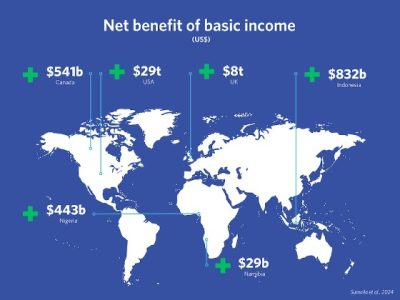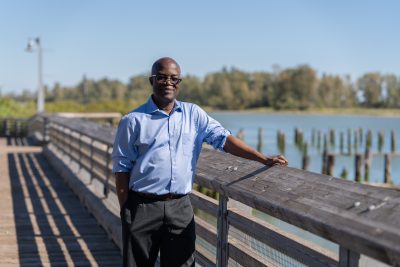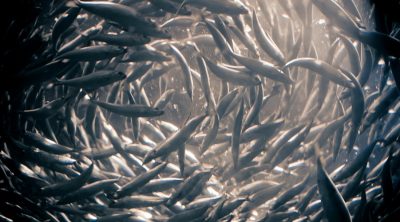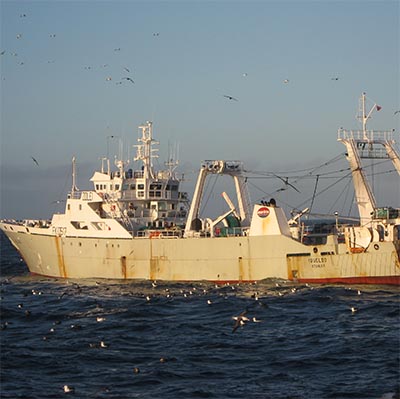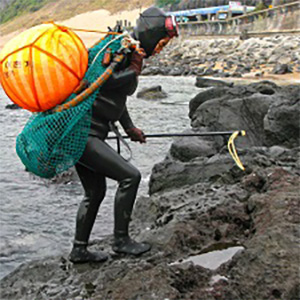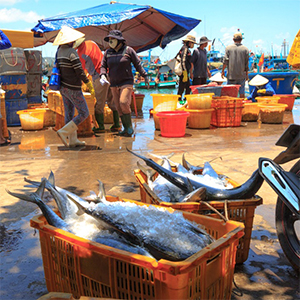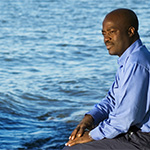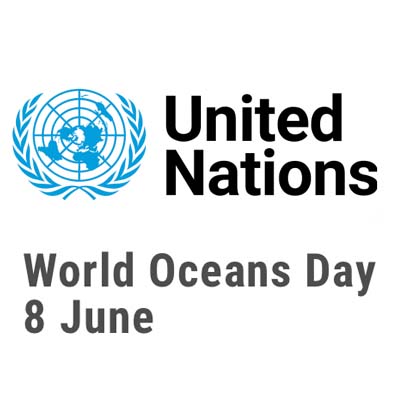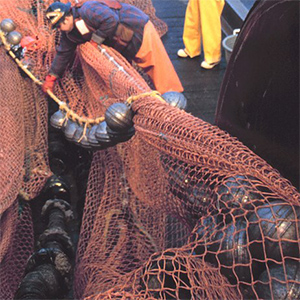Basic income could solve global poverty and stop environmental destruction, study finds
Providing a basic income could boost global gross domestic product (GDP) by $US163 trillion while acting to curb environmental degradation, UBC research has found.
Dr. Rashid Sumaila named “Extraordinary Professor”
He was appointed by the University of Pretoria’s Department of Agricultural Economics, Extension and Rural Development.
Market-based solution makes the case for blue carbon
Over 120 million tonnes of carbon dioxide equivalent could be sequestered every year by 2050 by applying a market-based solution (MBS) to global fisheries that would allow fishers to decide whether – at certain times – it is more profitable to go fish or to remain at port.
Developing nations at risk from harmful fisheries subsidies, UBC study states
Harmful fisheries subsidies are leading to more fishing vessels chasing fewer fish, resulting in adverse environmental and societal impacts.
For a prosperous Blue Economy, everyone must be involved
Women make up 85% of ocean sectors, but are invisible in fisheries management positions, with marine policies often undermining their livelihoods and wellbeing. They are often not included in any decision-making processes and their dependency and contributions to the Blue Economy are neglected.
Kx Spotlight – Collaboration, the key to fighting climate change
With partnerships spanning across disciplines, sectors and borders, and with academics and non-academics (including Indigenous communities, NGOs, policy makers, businesses and media) collaboration is at the centre of their work.
New Working Paper: A rich analysis of the economic, social and environmental effects of harmful fisheries at the ecosystem level
The effects of harmful fisheries subsidies in three marine ecosystems, chosen for their importance in terms of food security, size and diversity; and three different management scenarios are examined.
B.C. ocean’s worth of almost $5 billion to GDP likely an underestimate
The ocean is very valuable to B.C., in terms of GDP, jobs, and income.
World Oceans Week 2022 – Santiago De la Puente
In order for fishers, companies, governments, NGOs, and other interested groups to act collectively for the good of Earth’s oceans, a baseline level of trust needs to be established, De la Puente said. “Most stakeholder groups have a history of being at odds with each other.”
Countries likely missing out on revenue from catch share fisheries
Despite harvesting an estimated global value of US$17.7 billion worth of fish, many catch share fisheries may be paying little or no royalties on their harvests, with countries likely foregoing this potential source of revenue.
